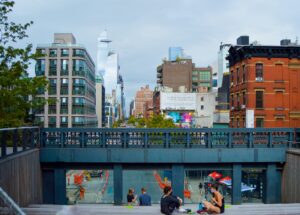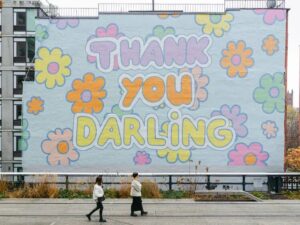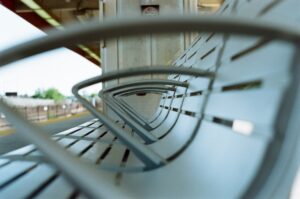Kéré, who is based in Berlin and was awarded the Pritzker Prize for architecture this year, has a preternatural sense for the pulse of communities. Growing up in the remote village of Gando in Burkina Faso, he developed an ear for listening to others, and shared their worries and their dreams. With the support of his family, he went to Germany in 1985 on a scholarship to study carpentry. He settled in Berlin soon after and pursued a degree in architecture, returning home whenever possible. While still a student, he made a contribution to his village: a primary school, built by hand from clay-and-cement brick and sheet metal with the help of neighbors and friends and completed in 2001. That structure, and the many others in West Africa that have followed, was sparked by a dialogue with the people who would live with it. For Kéré, every commission starts with a conversation, and Kampala was no different.
Read the full article on Architectural Digest here.
Author Phillip Denny
Recommended by Luisa Bravo











More Stories
A stealthy reimagining of urban public space by Elizabeth Diller
Plaza de la Vila in Sencelles by Moneo Brock
Abandoned no more: Mumbai’s new park on previously disused land